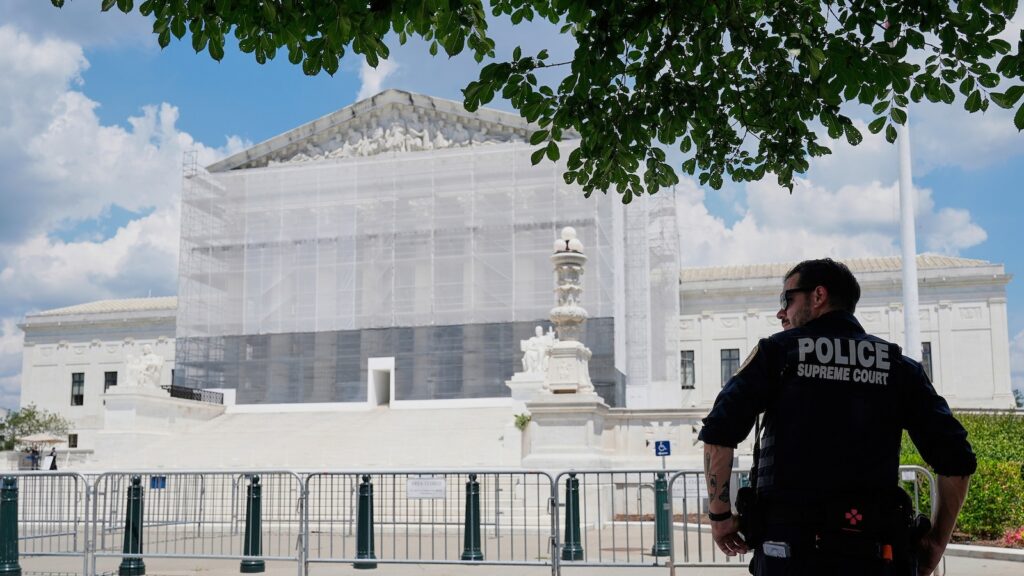
WASHINGTON – In a landmark decision, the U.S. Supreme Court ruled 6-3 in favor of parents seeking to exempt their children from reading LGBTQ-themed books in public schools, citing religious freedom concerns.
Immediate Impact
The ruling, delivered on June 26, 2025, has sparked a nationwide debate over parental rights and educational content. The decision stems from a case brought by a coalition of Christian, Muslim, and Jewish parents from Montgomery County, Maryland, who argued that the inclusion of LGBTQ-themed storybooks in the curriculum violated their religious beliefs.
Key Details Emerge
Justice Samuel Alito, writing for the majority, emphasized that forcing children to engage with material that contradicts their family’s religious teachings infringes upon First Amendment rights. “The refusal to allow parents to opt-out their kids from instruction that poses a very real threat of undermining their religious beliefs and practices violates their constitutional protections,” Alito stated.
“The introduction of ‘LGBTQ+-inclusive’ storybooks, along with the decision to withhold opt-outs, places an unconstitutional burden on the parents’ rights to the free exercise of their religion,” Alito wrote.
Industry Response
The decision has drawn mixed reactions. Eric Baxter, vice president and senior counsel at the Becket Fund for Religious Liberty, hailed the ruling as an “historic victory for parental rights in Maryland and across America.”
“Kids shouldn’t be forced into conversations about drag queens, pride parades, or gender transitions without their parents’ permission,” Baxter stated. “Today, the Court restored common sense and made clear that parents — not government — have the final say in how their children are raised.”
Conversely, Elly Brinkley, an attorney with U.S. Free Expression Programs, criticized the decision as a “deeply disappointing blow to the right to read under the First Amendment.”
“By allowing parents to pull their children out of classrooms when they object to particular content, the justices are laying the foundation for a new frontier in the assault on books of all kinds in schools,” Brinkley asserted.
By the Numbers
- 6-3: The vote split in the Supreme Court’s decision.
- 2022: Year when Montgomery County initially allowed opt-outs.
- 3: Justices dissenting, including Sonia Sotomayor, Elena Kagan, and Ketanji Brown Jackson.
Background Context
The controversy began in 2022 when Montgomery County introduced several LGBTQ-themed books into its language arts curriculum. Initially, parents could opt out if the content conflicted with their faith. However, in 2023, the school board reversed this policy, citing logistical challenges and a commitment to inclusivity.
The parents’ lawsuit argued that the mandatory inclusion of these books amounted to government-led indoctrination on sensitive issues. The school board countered that the books were intended to expose students to diverse perspectives.
What Comes Next
The Supreme Court’s ruling sets a precedent for similar cases across the United States, potentially reshaping the educational landscape. The decision mandates that the Montgomery County Board of Education notify parents in advance of any potentially objectionable material, allowing them to opt their children out.
President Donald Trump praised the ruling as a “tremendous victory for parents,” while Deputy Attorney General Todd Blanche noted that the decision “restores parents’ rights to decide their child’s education.”
The case will continue to impact educational policies, with schools needing to balance diverse viewpoints with respect for parental rights.






